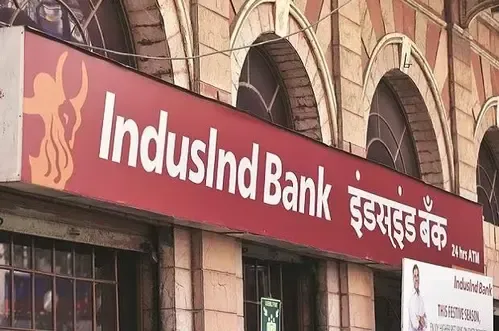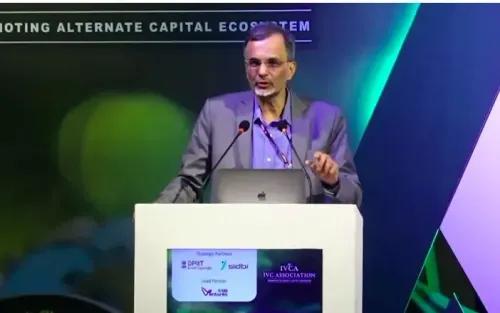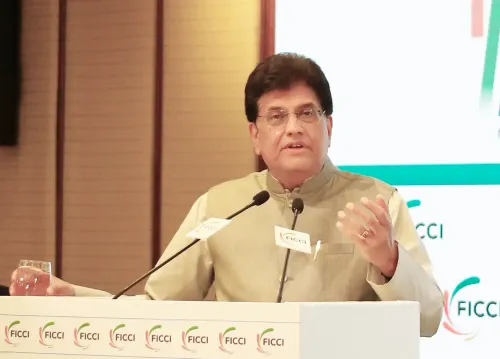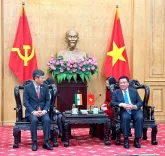Is IndusInd Bank Ready to Unveil its CEO Shortlist to RBI?

Synopsis
Key Takeaways
- IndusInd Bank is set to reveal its CEO shortlist.
- The leadership change follows significant financial losses.
- Regulatory scrutiny by SEBI is ongoing.
- Investor confidence is a primary focus for the new leader.
- Top candidates have strong backgrounds in banking and finance.
New Delhi, June 30 (NationPress) The board of IndusInd Bank is expected to present its shortlist for the upcoming chief executive officer (CEO) position on Monday. This is a significant step as the bank aims to recover from a series of disturbances caused by a derivatives trading incident and a subsequent leadership upheaval.
This decision aligns with the directive from the Reserve Bank of India (RBI), which requested the bank to submit its CEO nominations by June 30.
As the deadline approaches, three candidates have surfaced as leading contenders for the position: Rajiv Anand, who is currently the Deputy Managing Director at Axis Bank and is scheduled to retire in August; Anup Saha, Managing Director at Bajaj Finance, recognized for his proficiency in digital and retail banking; and Rahul Shukla, the former Group Head at HDFC Bank, who is presently on a sabbatical and is acknowledged for his extensive experience in both commercial and rural banking.
The incoming leader will be tasked with rebuilding investor trust, strengthening internal controls, and navigating the bank through a phase of recovery and regulatory oversight, according to reports.
This leadership transition occurs amidst an ongoing investigation by the Securities and Exchange Board of India (SEBI) into accounting discrepancies at the private sector bank.
Earlier this month, SEBI released a corrigendum to its interim order, explaining that the global consulting firm KPMG was hired based on an 'engagement note' rather than a formal 'board note'.
This clarification is part of a wider inquiry into how the bank managed internal irregularities, which led to a reported financial loss of Rs 2,093 crore.
KPMG was engaged by IndusInd Bank in February 2024 to evaluate the financial ramifications of these irregularities.
Despite the substantial losses, SEBI determined that the bank failed to promptly disclose this information to stock exchanges or classify it as price-sensitive data until early March 2025.
The regulator has identified four senior executives for their involvement in the situation and has prohibited them from trading in securities until further notice.









